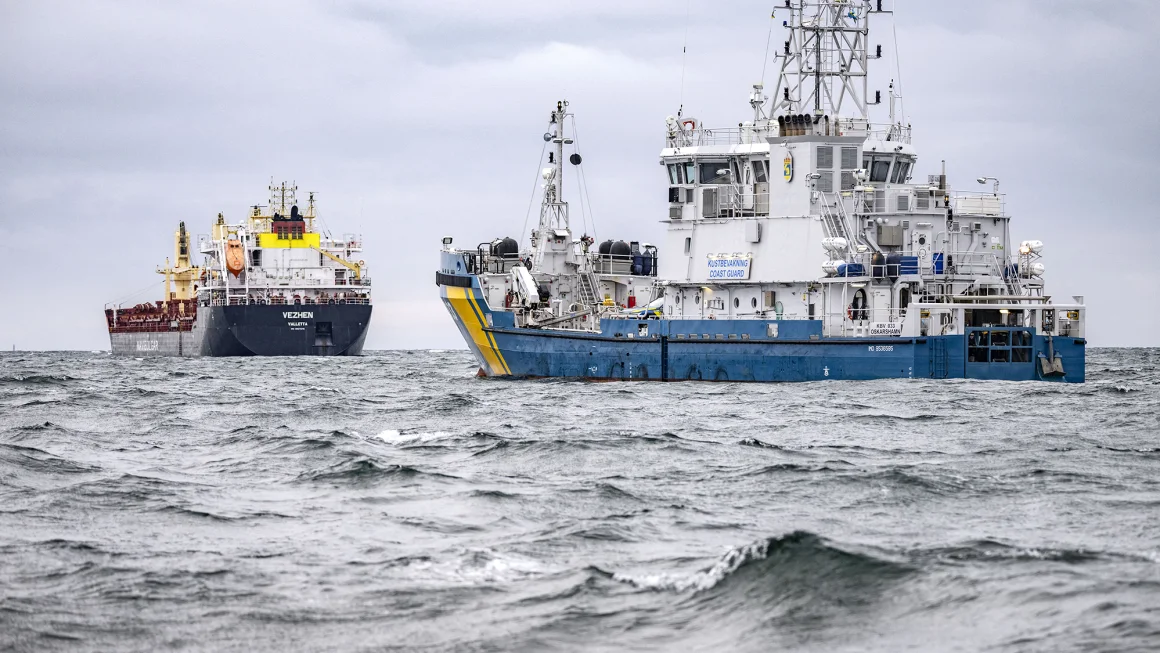Recent events have highlighted the critical importance and vulnerability of Europe’s undersea infrastructure, particularly the vast network of cables that facilitate essential communications and data transfer.
Significance of Undersea Cables
Undersea cables are the backbone of global internet connectivity, transmitting vast amounts of data between continents. Europe relies heavily on these cables for communication, financial transactions, and various critical services.
Recent Incidents Raising Concerns
In a recent incident, an undersea cable connecting Sweden and Latvia was damaged, likely due to external forces. Such events underscore the susceptibility of these infrastructures to both accidental damage and potential sabotage.
Strategic Vulnerabilities
The Baltic Sea region, in particular, has been identified as a potential hotspot for undersea infrastructure vulnerabilities. The proximity to various geopolitical actors and the strategic importance of the area make it a focal point for security considerations.
Implications for Europe
The fragility of undersea cables poses significant risks to Europe’s security and economy. Disruptions can lead to communication blackouts, financial losses, and compromised national security. These concerns have prompted calls for enhanced protective measures and international cooperation to safeguard these critical infrastructures.











